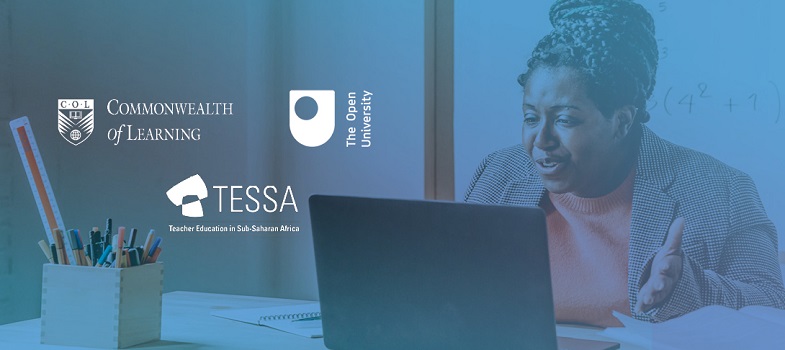Week 3: Everyone can do something
7. Tackling specific inclusivity challenges
Inclusivity is more important than it ever has been in today’s ever-increasingly global, multicultural and politicially sensitive times, yet including everyone can be challenging. During a workshop on inclusive education, lecturers at the Kenyan Institute for Special Education identified some of the common inclusivity challenges that teachers face. They are:
- Poor learning behaviours
- Low literacy levels
- Poor speech and language
- Hearing impairment
- Low numeracy levels,
- Visual impairment
- Being in a large class
- Physical disabilities
- Specific learning difficulties
- Difficult home lives
- Hunger and/or poverty.
Activity 3.7 Inclusivity challengesAllow approximately 45 mins for this two-part activity. Part 1: Thinking about your context
For example, for a visually impaired child, the teacher could write larger, identify a ‘buddy’, and ensure they are sitting at the front. For a physically disabled child a teacher could review the lay-out of the classroom to ensure they can move about safely. Part 2: Case study Read Case study 2: Difficult home circumstances. Identify the ways in which the teacher is inclusive and supports Mogas and write them in your study notebook. |
